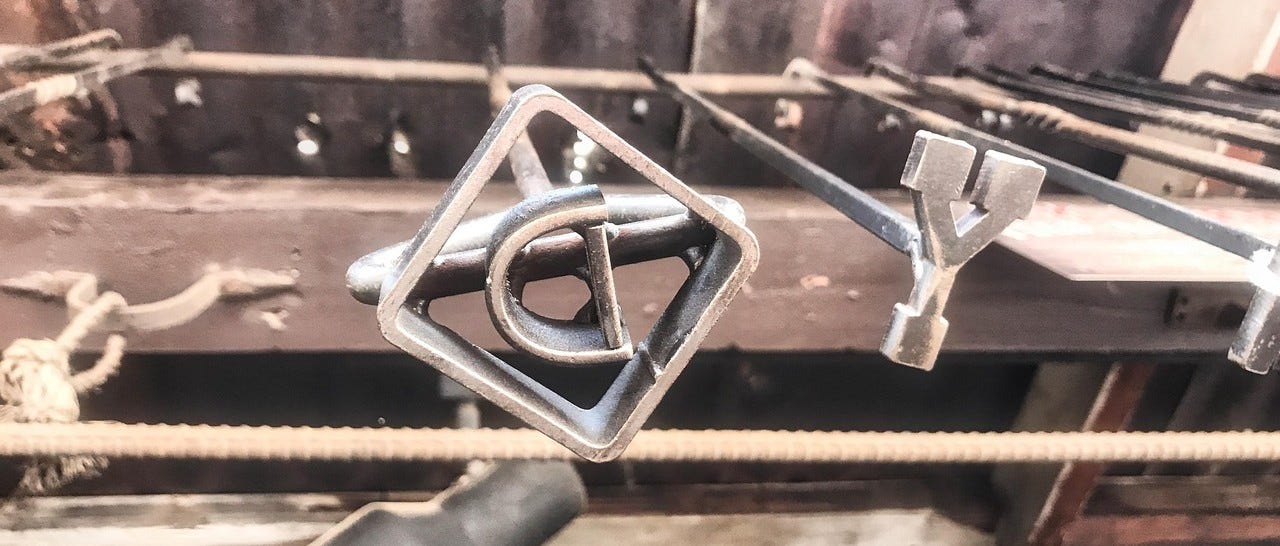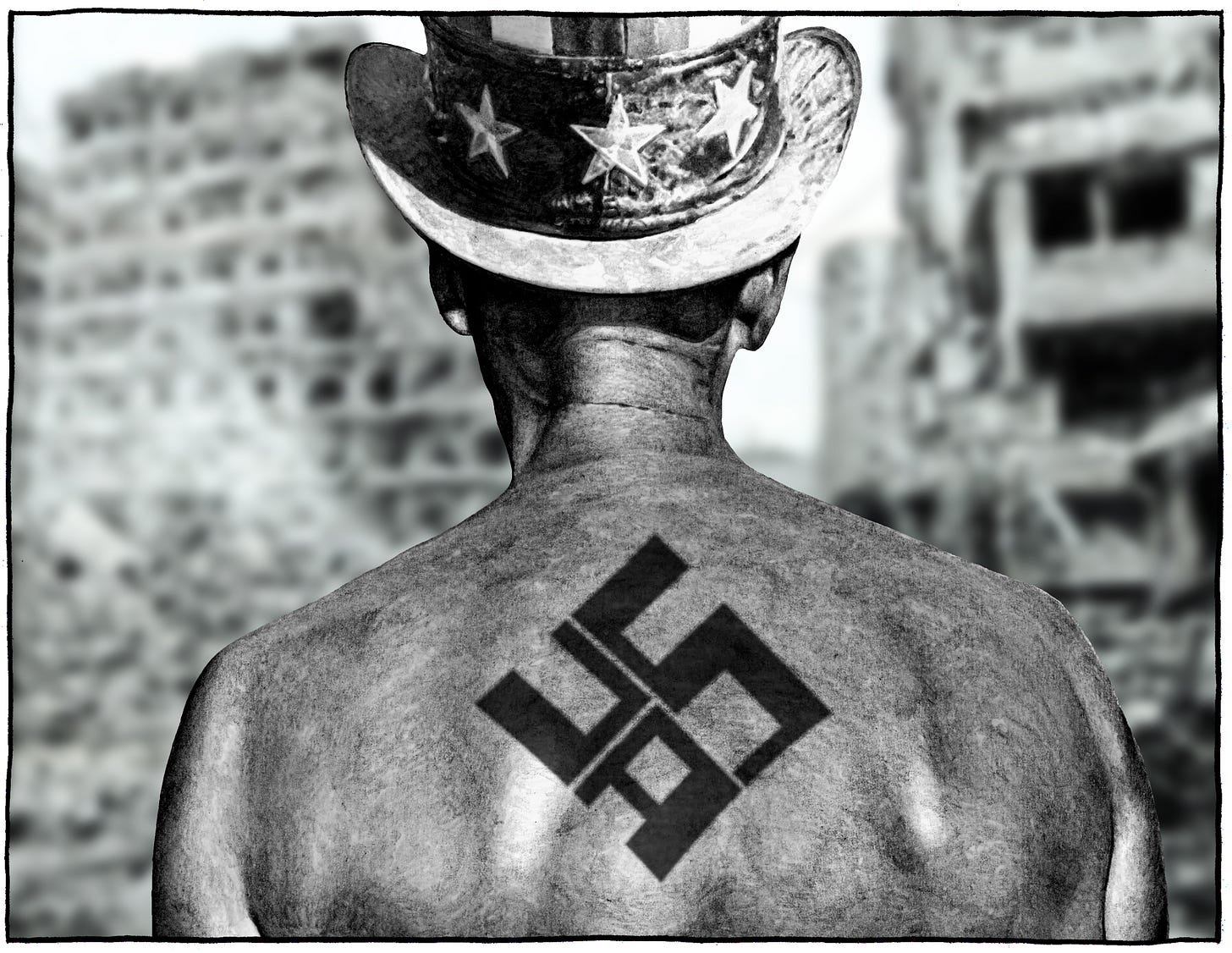Today has been a wretched day in a sea of wretched days for the United States of America. I organized, protested, raised money for an Immigrant Rapid Response Fund in Minnesota, read news and legal filings, shared whatever I could on Mastodon. No matter what I was doing, Abraham Lincoln’s words at Gettysburg kept ringing in my mind. I repeat them here, emphasizing the ones I dedicate tonight to Alex Pretti and Renee Good.



